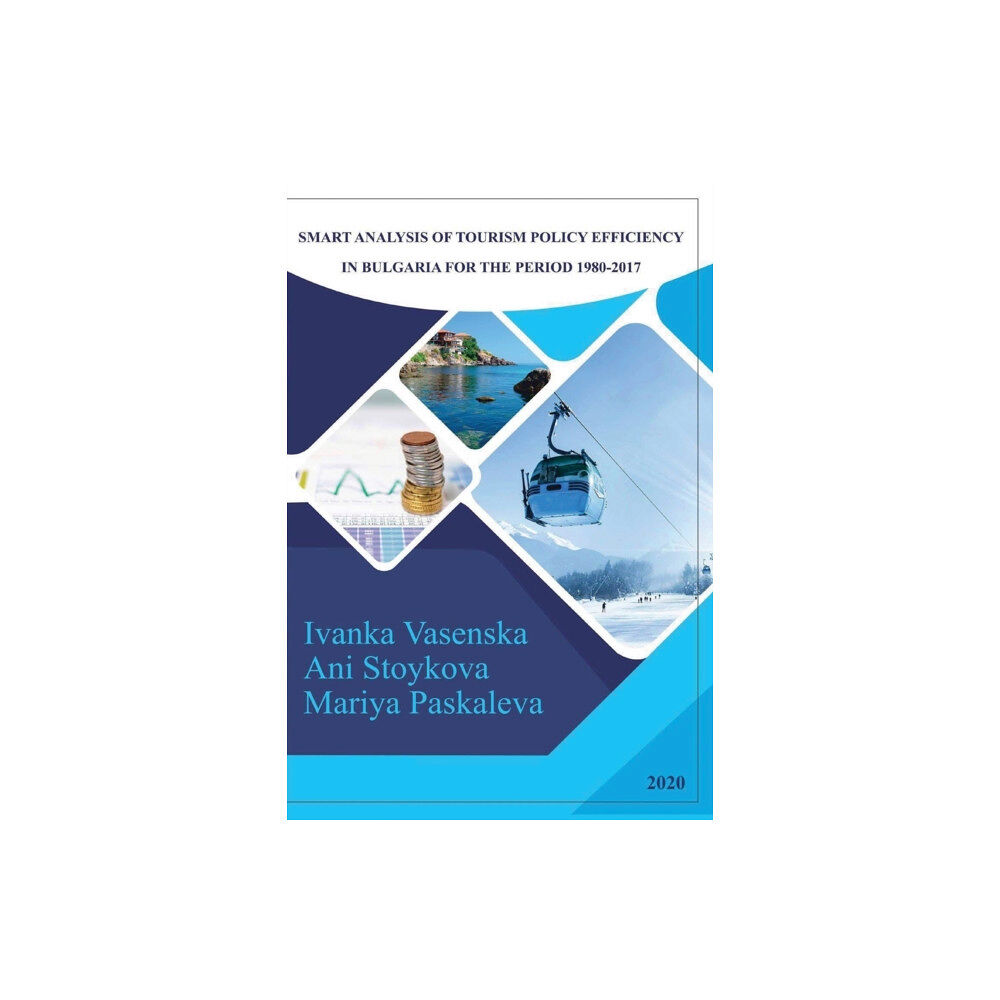The purpose of this study is to determine the role of tourism in the economy of Bulgaria. In this paper, we present the history of the Bulgarian tourism industry trends from the beginning to its contemporary policy patterns. We apply an econometric methodology consisting of unit root test, cointegration analysis, linear regression, correlation analysis, Granger causality test and 3-D visualizations by IBM Watson Studio based on the statistics for the period 1980-2017.
Exploring the link between tourism and the economic development of Bulgaria, the tourism - led - growth hypothesis about Bulgaria is validated for the post-communism period. Our findings show that a relationship between tourism and Bulgaria's economic development exists.
We can conclude that tourism is in part an endogenous growth process. ABSTRACTING & INDEXING Smart Analysis of Tourism Policy Efficiency in Bulgaria for the Period 1980-2017 is covered by the following services: Baidu ScholarBarnes & NobleBayerische StaatsbibliothekBDSBoDBowker Book DataCiandoCNKI Scholar (China National Knowledge Infrastructure)DimensionsEBSCOExLibrisGoogle BooksGoogle ScholarNavigaReadCubeSemantic ScholarTDOne (TDNet)WorldCat (OCLC)X-MOLAdditionally, the proceedings volume is registered and indexed in the Crossref database and accessible on Amazon.
| Format |
Häftad |
| Omfång |
82 sidor |
| Språk |
Engelska |
| Förlag |
De Gruyter |
| Utgivningsdatum |
2020-07-06 |
| ISBN |
9788395771392 |

